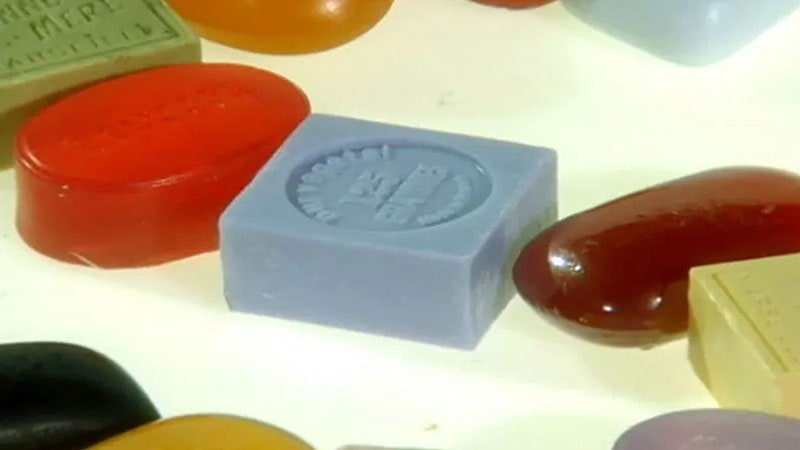Toilet soaps are suitable for skin cleaning. Most of them use sodium fatty acid and other surfactants as the main raw materials, and are processed by adding quality improvers, appearance improvers and fragrances.
With the development of soap making technology, on the basis of basic washing function, the toilet soap can be given other functions by adding functional additives, which is called multifunctional soap.
At present, the toilet soaps on the market can be roughly divided into the following seven categories: general soap, finely ground soap, floating soap, oil-based soap, transparent soap, a special form of soap, and essential oil soap.
General Soaps: Fragrance and white soaps are ground and pressed into various shapes and are the most economical ones for general cleaning and degreasing.
Finely ground soap: a solid soap with low alkalinity that requires multiple grindings. It is often used as a facial cleanser.
Floating soap: It is a kind of soap made without grinding. It is easy to float on the water surface, and the cleaning effect is not bad, but it is difficult to maintain the humidity.
Oil-based soap: When grinding, add a high concentration of oil, which will form a layer of oil on the skin surface when washing, often used for babies.
Transparent soap: Contains more than 10% glycerin and some vegetable oils, similar to oily soaps.
Special form of soap: an emulsion or cream containing an emulsifier, mainly used to remove finished products designed for special cosmetics.
Essential oil soap: a very popular soap in recent years, mainly extracted from plant essential oils.
Toilet soap has an antibacterial effect. After research, only using ordinary soap to clean your hands can achieve the purpose of daily cleaning. At the same time, the cleaning ability of flowing water can also remove most of the bacteria.
However, if you use toilet soap specially designed for sterilization for a long time, while eliminating bacteria, it will also kill the normal flora in the human body that protects the skin, and excessive use of sterilizing soap will also lead to a large number of drug-resistant bacteria on the skin , resistance to conventional sterilization, may cause infection.

